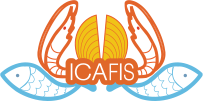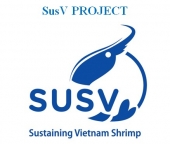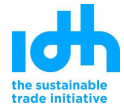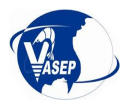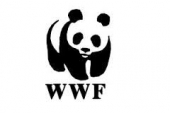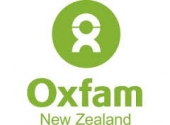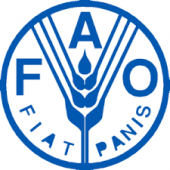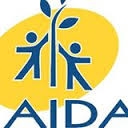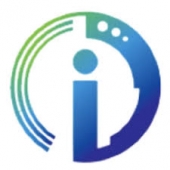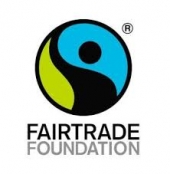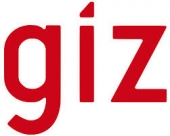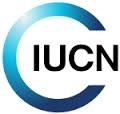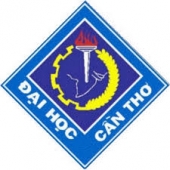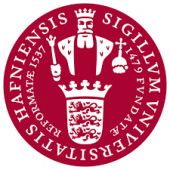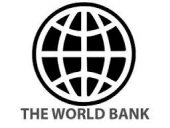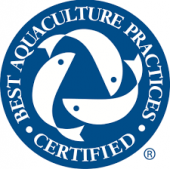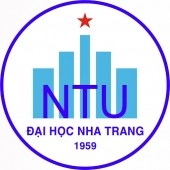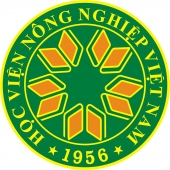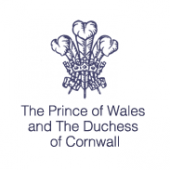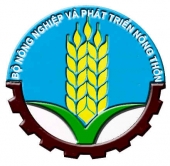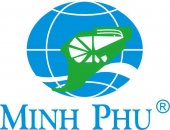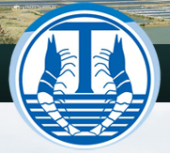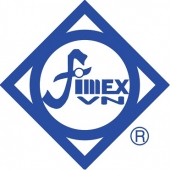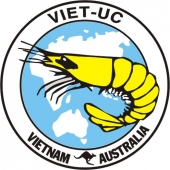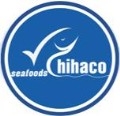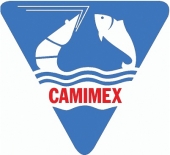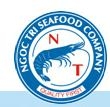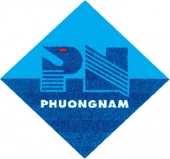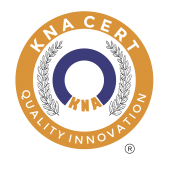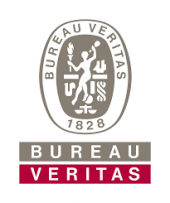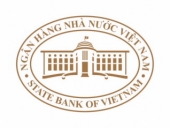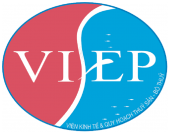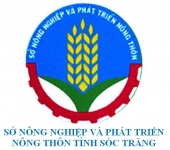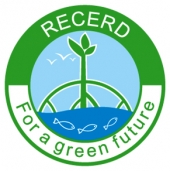On November 22, 2024, the International Collaborating Centre for Aquaculture and Fisheries Sustainability (ICAFIS), in collaboration with WorldFish, organized a roundtable discussion titled: “Aquatic Foods in Climate Change Adaptation Strategies and Sharing Research Outcomes of the Aquatic Component under the Mitigate+ Program in Vietnam”.
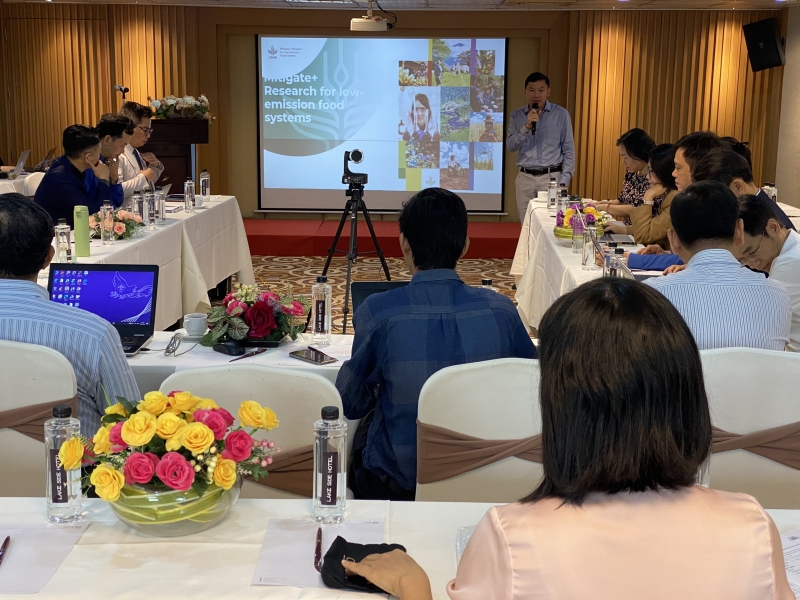
The Low-Emission Food Systems Initiative (MITIGATE+) is one of 32 initiatives funded by the Consultative Group on International Agricultural Research (CGIAR). The goal of MITIGATE+ is to reduce greenhouse gas emissions in four countries—China, Colombia, Kenya, and Vietnam—by focusing on lowering emissions from food systems and minimizing the impacts of climate change on sustainable development and social equity.
At the roundtable, experts exchanged and shared research findings from the Mitigate+ program in Vietnam’s aquaculture component, focusing on the role of aquatic foods in transitioning to low-emission food systems. Discussions also explored the potential for reducing greenhouse gas emissions in Vietnam’s aquaculture sector through the application of economic tools, the Marginal Abatement Cost Curve (MACC) methodology, and various approaches to estimating emissions from production-related sources.
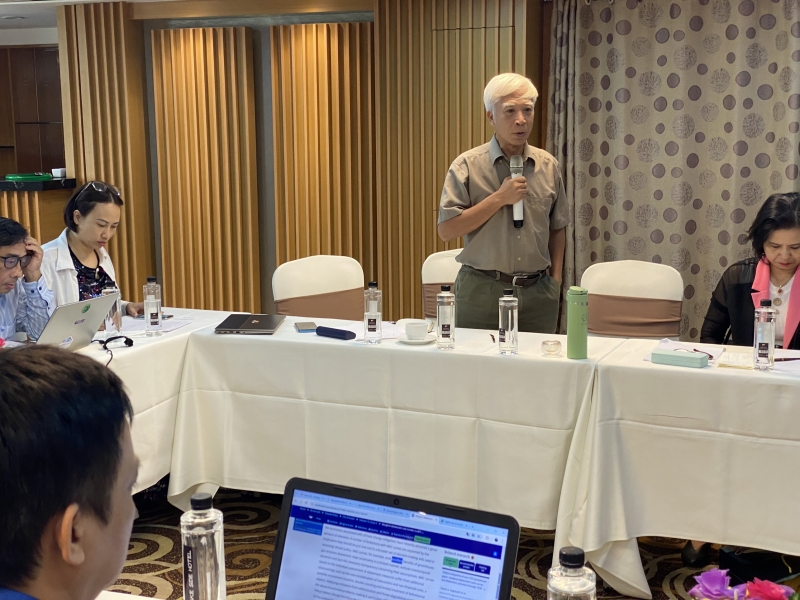
The main sources of greenhouse gas emissions in aquaculture primarily stem from feed production, input materials, and energy use during farming operations. Potential mitigation strategies should focus on adjusting feed formulations, improving production systems, and enhancing energy efficiency. Among these, the adoption of solar energy can significantly reduce emissions in aquaculture, although the high installation costs remain a barrier.
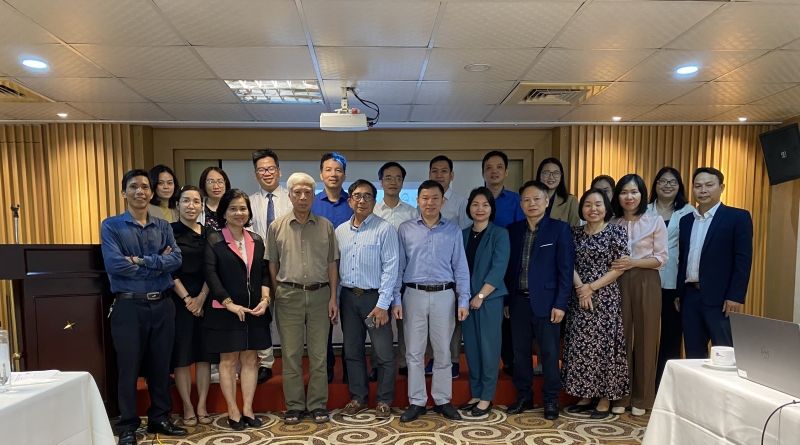
In parallel, Vietnam is implementing the National Climate Change Strategy toward 2050 (Decision 896/QĐ-TTg), which aims to achieve net-zero greenhouse gas emissions. However, there is currently no specific policy dedicated to the fisheries sector; instead, it is only integrated into broader agricultural policies. Therefore, it is recommended to establish a dedicated program for greenhouse gas emission reduction in the fisheries sector. This would enable localities, organizations, and individuals to develop tailored regional and local plans, thereby contributing effectively to the government’s overarching climate targets.
ICAFIS.
